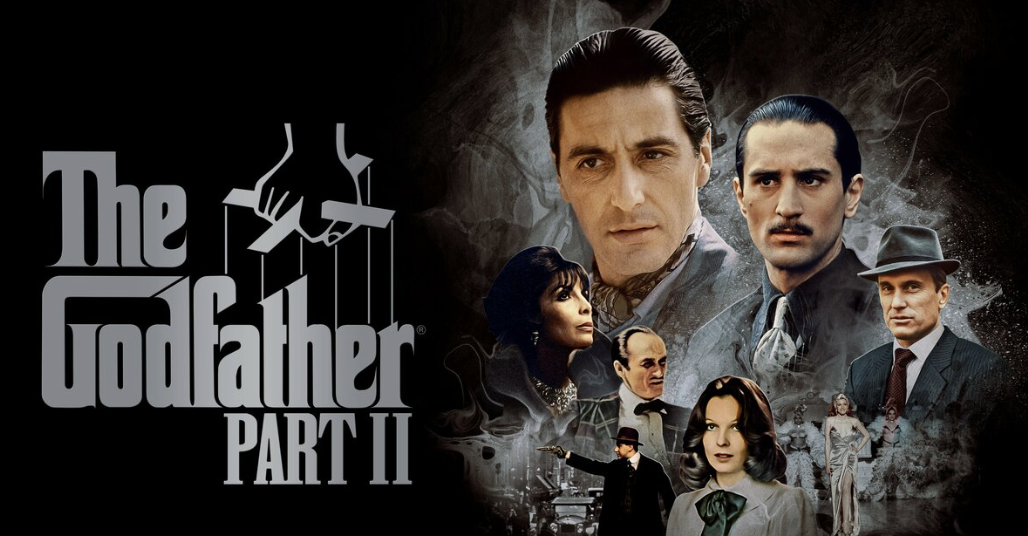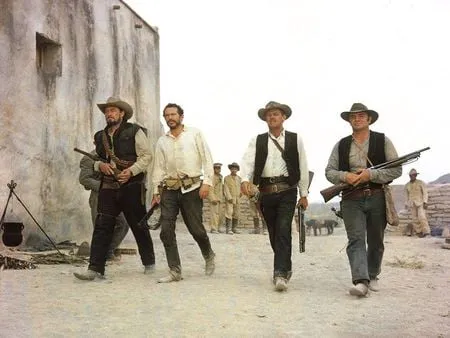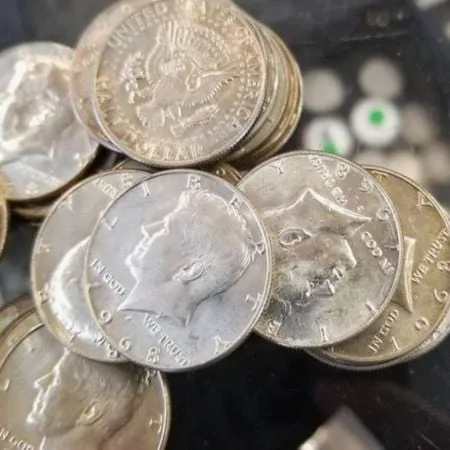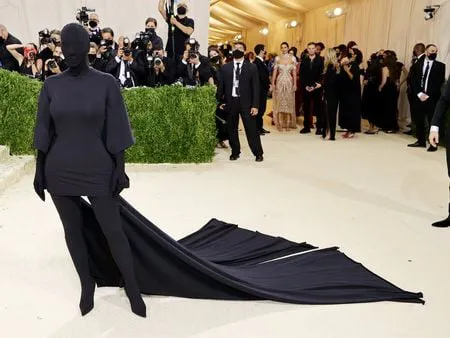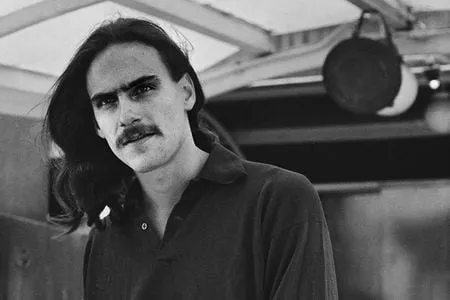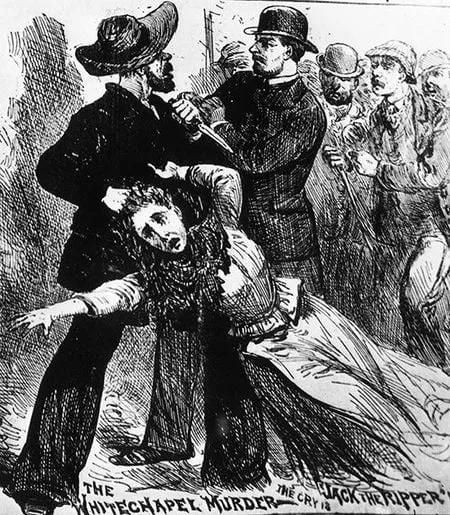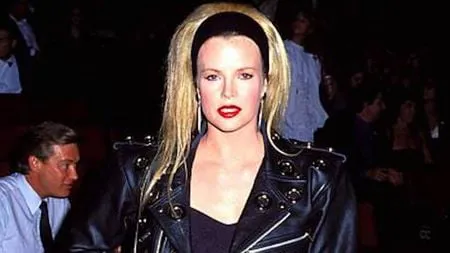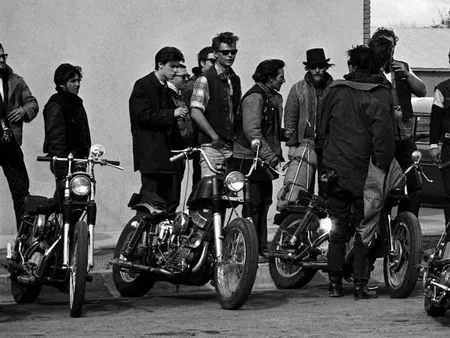Entertainment
While the idea of a "flawless" film is subjective, there are several movies that are widely regarded as masterpieces due to their exceptional storytelling, direction, performances, and technical prowess. Here are some films that are often considered to be flawless by audiences and critics alike:
The Godfather (1972):
Directed by Francis Ford Coppola, "The Godfather" is hailed as one of the greatest films in cinematic history. Its powerful storytelling, compelling characters, and brilliant performances, particularly by Marlon Brando and Al Pacino, have solidified its status as a classic.
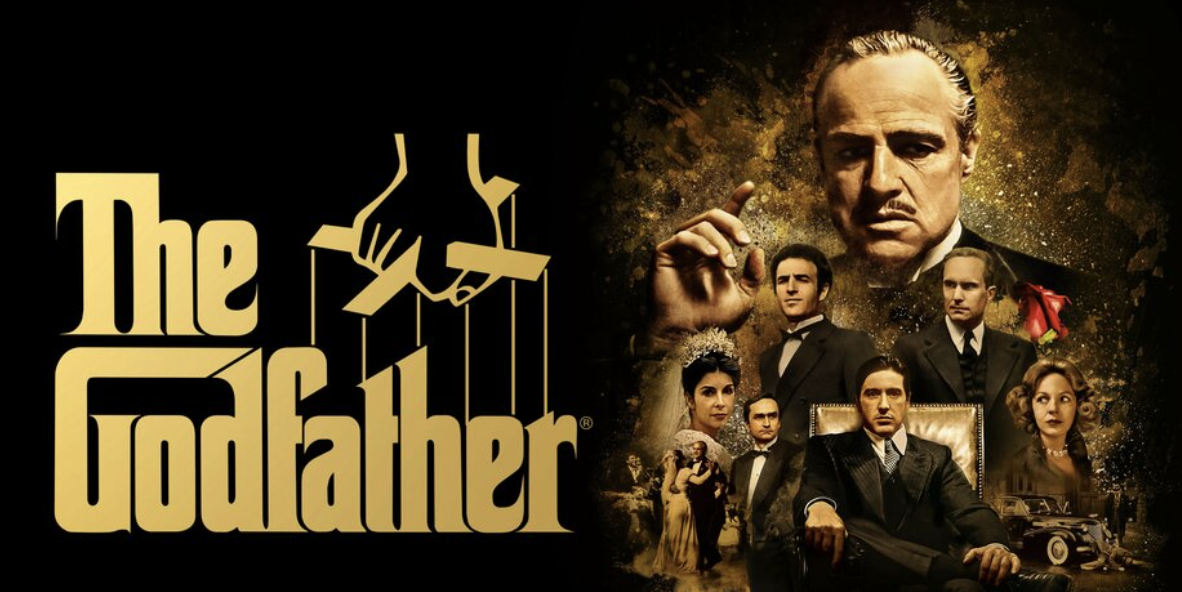
The Shawshank Redemption (1994):
Based on Stephen King's novella, this film, directed by Frank Darabont, tells the poignant story of friendship and hope within the confines of Shawshank State Penitentiary. Tim Robbins and Morgan Freeman deliver exceptional performances, contributing to the film's enduring popularity.
Schindler's List (1993):
Steven Spielberg's "Schindler's List" is a haunting and powerful depiction of the Holocaust. The film's storytelling, cinematography, and the performance of Liam Neeson as Oskar Schindler have earned it critical acclaim and numerous awards.
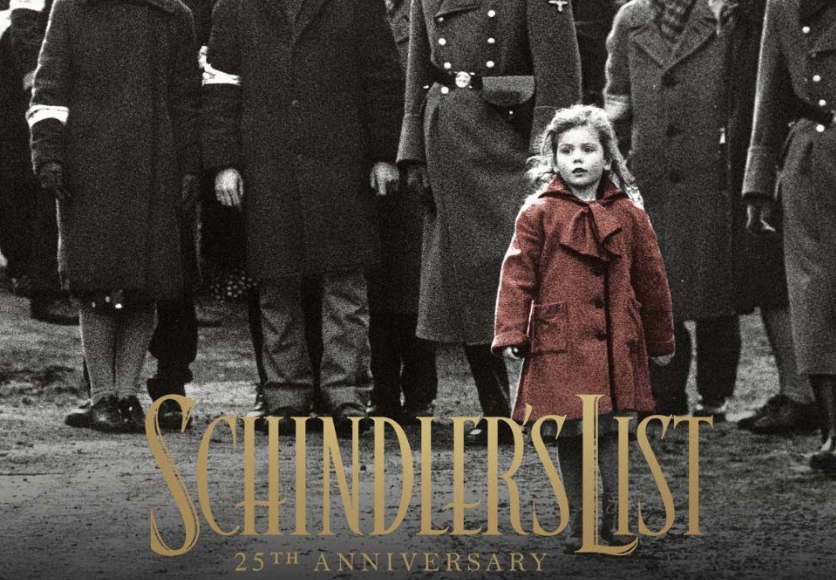
The Dark Knight (2008):
Christopher Nolan's superhero masterpiece, "The Dark Knight," is often praised for Heath Ledger's iconic portrayal of the Joker, as well as its complex narrative, exceptional action sequences, and exploration of moral themes within the superhero genre.
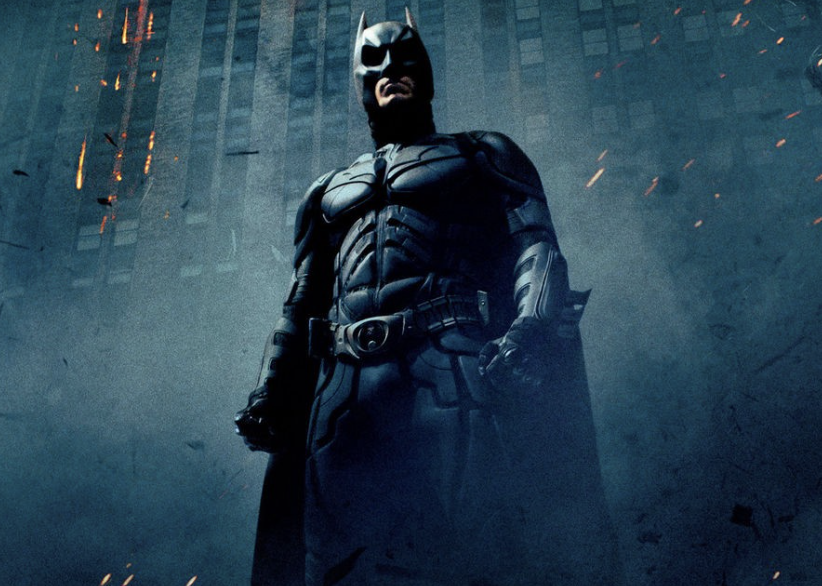
Citizen Kane (1941):
Directed by and starring Orson Welles, "Citizen Kane" is a groundbreaking film known for its innovative storytelling and cinematography. Welles' portrayal of Charles Foster Kane and the film's exploration of power and media have solidified its place in cinematic history.
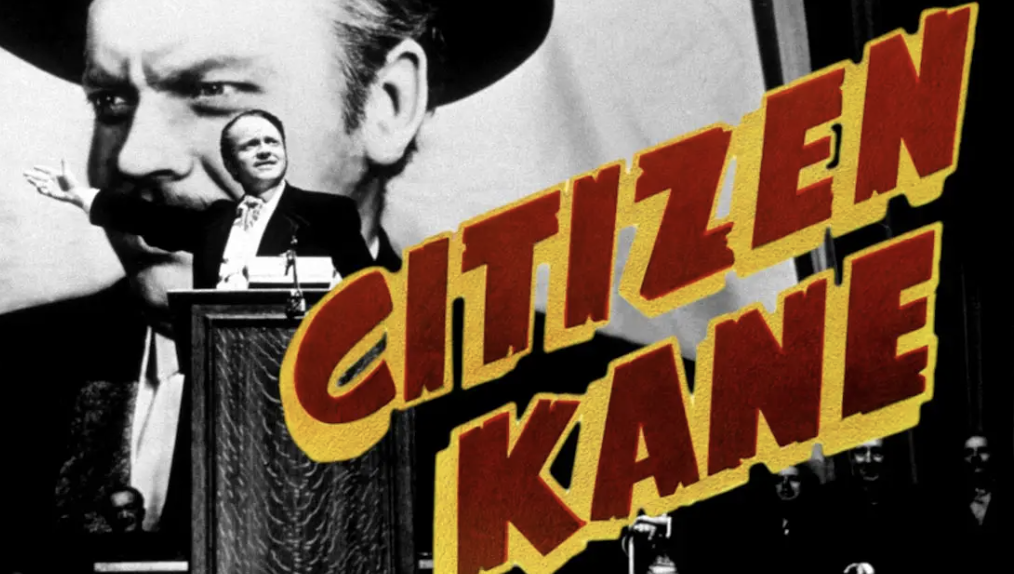
Pulp Fiction (1994):
Directed by Quentin Tarantino, "Pulp Fiction" is celebrated for its nonlinear narrative, sharp dialogue, and unique storytelling style. The film, featuring an ensemble cast, revitalized independent cinema in the 1990s.
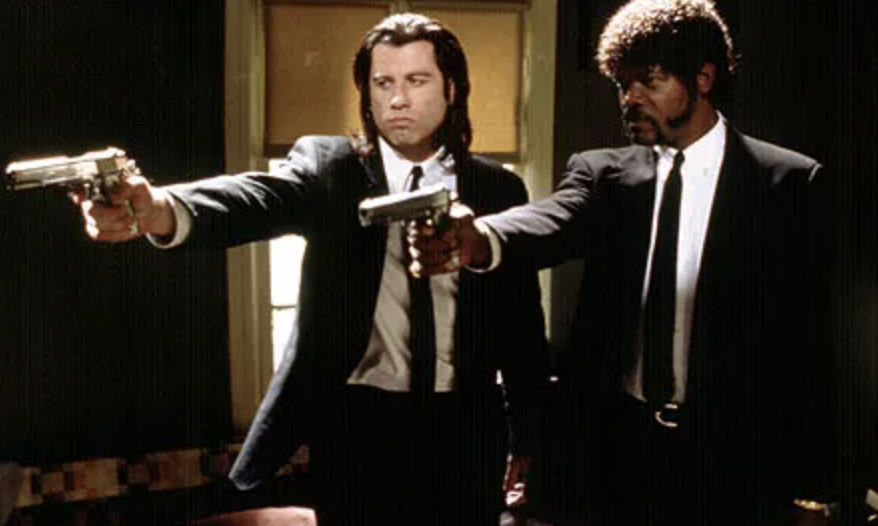
The Godfather: Part II (1974):
The sequel to "The Godfather," directed by Francis Ford Coppola, is often regarded as one of the rare instances where the sequel matches or even surpasses the original. It presents a parallel narrative that explores the origins of the Corleone family.
